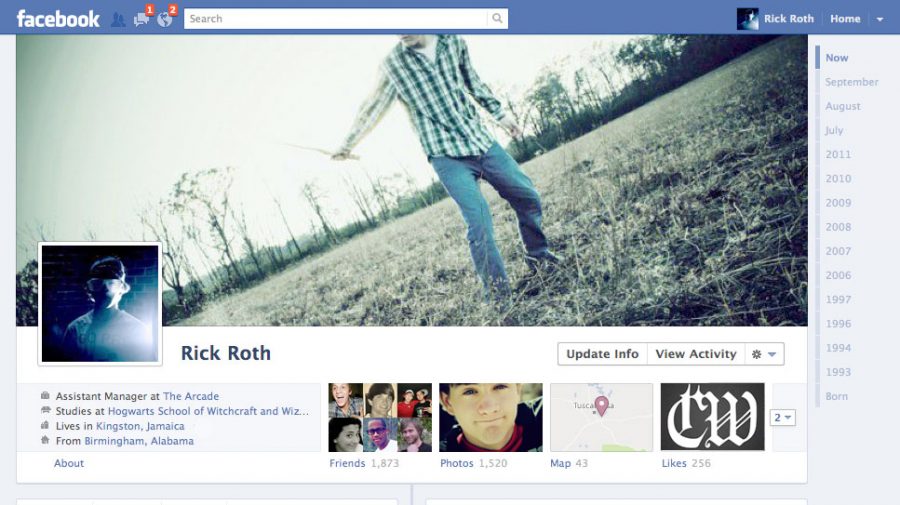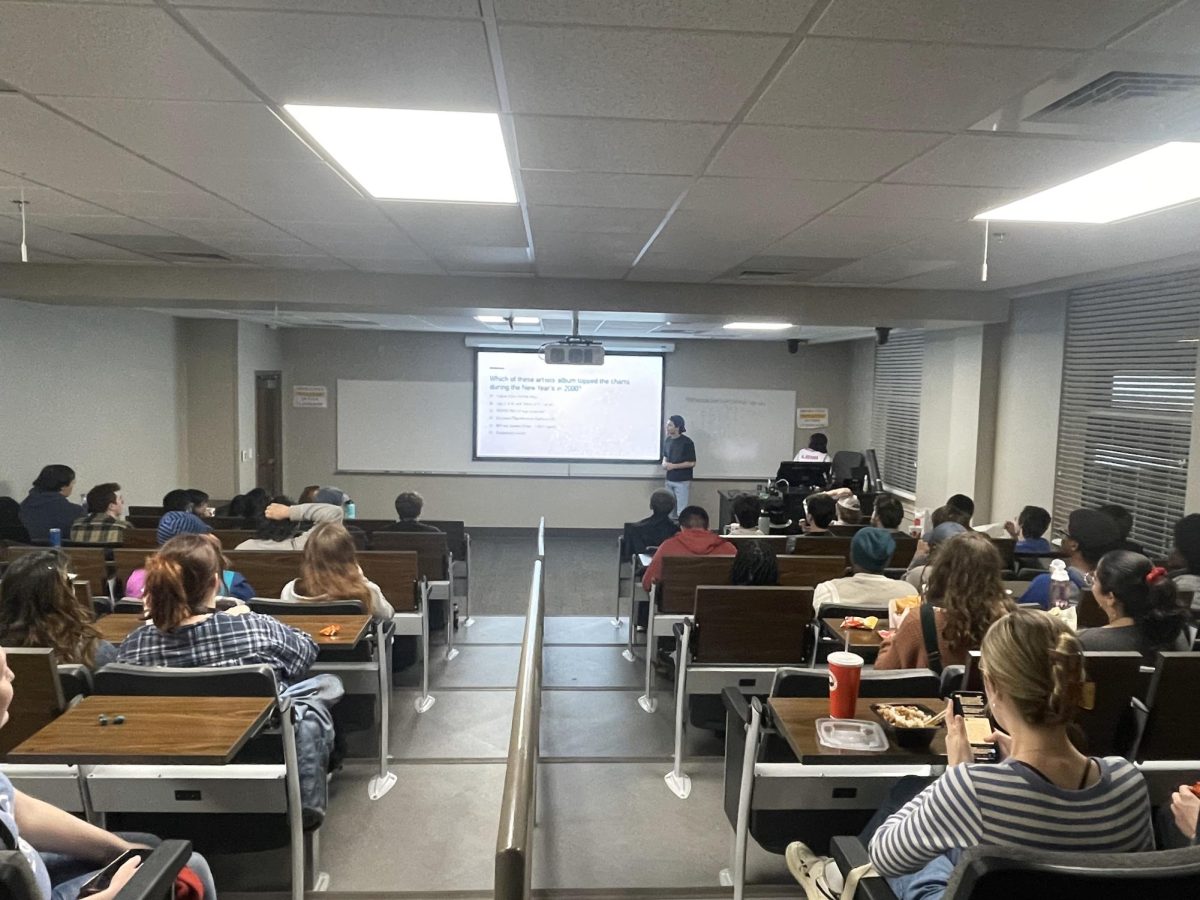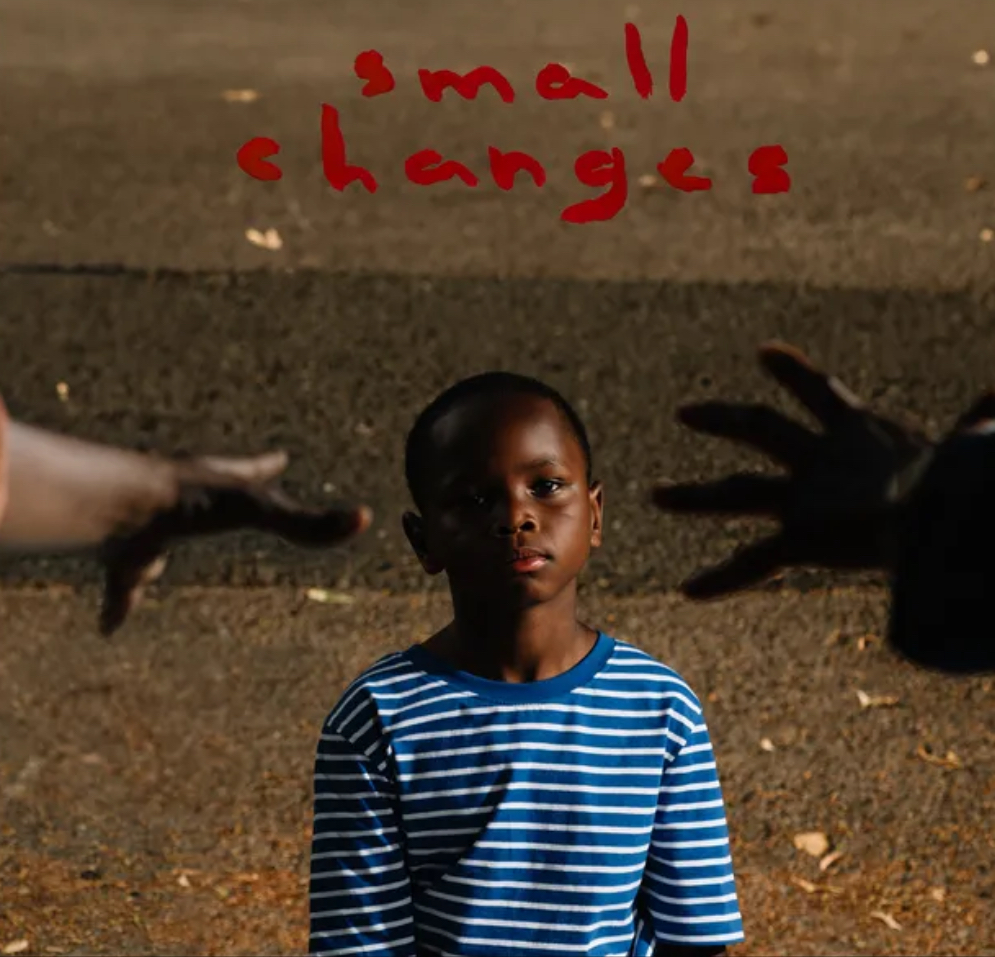Facebook continues to be one of the highlighting aspects of the social media generation. The website is constantly changing and updating its content to keep up with the fast pace of social media interaction. However, some of the recent changes to Facebook have users experiencing a range of emotions from confused and questioning to excited and ready for the change.
The new design of the webpage, as quoted by The Facebook Blog, is to “surface the most recent and relevant information – in the form of post stories – about you” and to make the site “simpler and cleaner.”
However, Laura Greene, a sophomore majoring in public relations, said, “I cannot see anything positive to any of the changes, they just seem unnecessary and inconvenient.”
They have based the new Facebook on feedback offered by more than 100,000 Facebook users. The Wall now gives a faster more constant stream of information about whoever’s wall is being looked at. They also see the personalization of each profile as highly important.
There is a new component called “The Timeline” that lets you choose which pictures, stories and updates you want others to see. Old stories that you find more important will not vanish as new, less important stories are updated.
Now you can adjust the size of pictures, notes, etc. on your wall to “promote things you care about the most.” The pages have become more emphasized on “Twitter-like” updates so everyone can follow their friends’ lives as they scroll through the site.
The frequent changes leave some, like Kathleen Wainwright, a sophomore majoring in nursing, saying, “I think that everything is too fast-paced and they are overcompensating. But let’s be honest, no one is going to boycott Facebook.”
Other changes include a revamped Friends List that shares content with only your closest friends. Also, the improved news ticker allows you to have real-time conversations with friends as soon as they sign in to Facebook. There is also a subscribe button that allows you to fill your newsfeed only with updates and people you want to be on there.
Facebook says it “will be reborn; prepare yourselves for the evolution of social networking.”
Other Facebook blogs say the single reason for all the changes is to “become the social layer that supports, powers and connects every single piece of the web, no matter who or what it is or where it lives.”
Despite such a positive oversight from the network, users seem to be much more concerned. Some are more optimistic and look forward to the growing social network.
“I like it because it seems to somewhat weed out the less important ‘news,’ and it is easier to navigate between friends and pictures,” Evan Brooks, a sophomore, said.
Natalie Duffy, a sophomore majoring in special education, said, “People should accept change. We need variety in our lives. It would be boring if everything was kept the same.”
Either way, the overwhelming response is that there is too much change, too fast. Users get comfortable with a certain layout and ability to navigate in the site. When changes are constantly occurring, many are left unsure of how to use a site they visit everyday.









